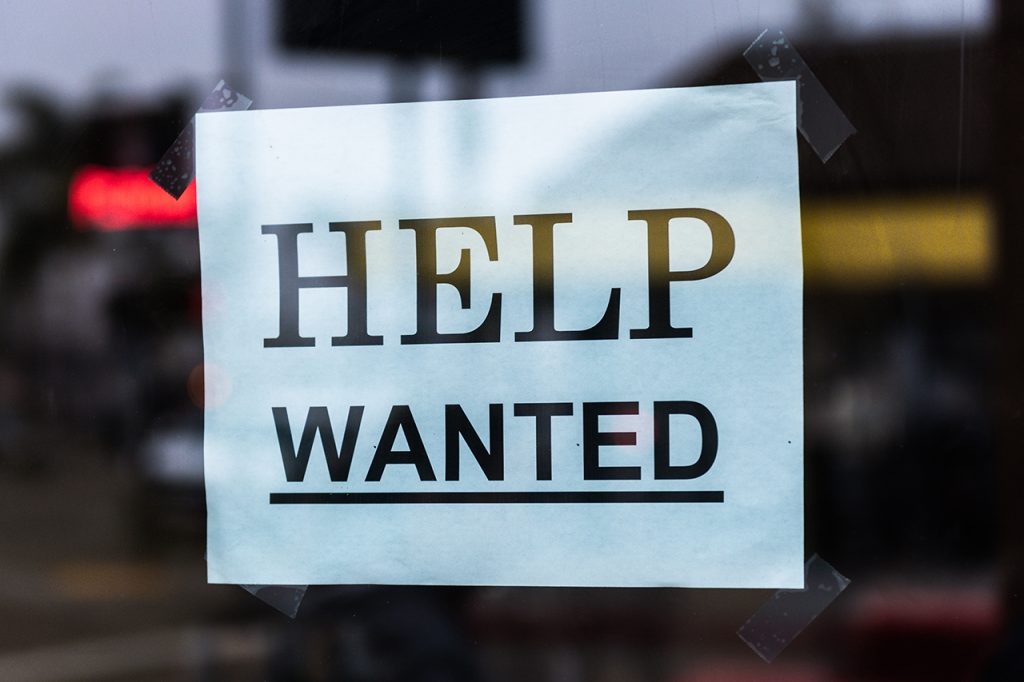Worker Cooperatives Can Teach Businesses About Valuing Employees During “Labor Shortage”
The Detroit Community Wealth Fund helps workers, particularly Black and Brown laborers in Detroit, gain social and financial security in their workplace.

Some business owners are complaining that they’re facing a “labor shortage,” but many workers have been taking time during the pandemic to reconsider the meaning of work in their lives, what they hope to gain and what they believe they deserve from their job. Over the past few decades, more businesses have been giving workers additional social and financial investment in their workplace in the form of worker cooperatives.
“All of the labor that you’re producing, you’re the sole (benefactor) of your labor” – Margo Dalal, executive director of the Detroit Community Wealth Fund.
The Detroit Community Wealth Fund is a nonprofit that facilitates the creation of worker cooperatives locally. The organization recently launched a $2 million loan fund program meant to transition traditional Detroit-area businesses into worker cooperatives.
Listen: People working to aid and facilitate worker cooperatives discuss the “labor shortage” and valuing employees.
Guests
Margo Dalal is the executive director of the Detroit Community Wealth Fund (DCWF). She says worker cooperatives provide workers’ ownership in the form of decision-making power and by allowing them to share in the profits of their business. Since the Great Recession, Dalal says interest in worker-owner models has “dramatically increased” in part because worker cooperatives offer higher pay and greater workplace satisfaction compared to traditional work spaces. “All of the labor that you’re producing, you’re the sole (benefactor) of your labor,” says Dalal.
Dalal says much of the gains in the economy in recent decades have gone to the wealthy owners of businesses. But the laborers, she says, who enable companies to exist, should be able to both help determine the social operations of their workplace and benefit financially. She says workers have told her that they are “tired of having bosses that don’t understand our culture,” and are “tired of having microaggressions.”
“These are not healthy things we (should) have to go through every single day,” says Dalal.
Keyanna Silverman-Maddox is the cooperative conversions manager for DCWF. She says her role is to create a feasibility study to determine a businesses’ profitability, and to help workers learn about and adopt management roles. Silverman-Maddox says the transition process to a worker cooperative can take anywhere from six months to two years, and that the wealth fund does not receive money back from its loan until the worker cooperative business it facilitates starts making money.
Silverman-Maddox also says worker cooperatives are particularly important for Black and Brown Detroiters as it provides them a necessary — and frequently blocked — pathway to accruing wealth. “We believe that this collective approach is a great way to approach the racial wealth gap and help break cycles of generational poverty,” she says.
Learn more about DCWF’s new program at an informationational webinar on November 4.
Web story written by Sam Corey.
Trusted, accurate, up-to-date.
WDET strives to make our journalism accessible to everyone. As a public media institution, we maintain our journalistic integrity through independent support from readers like you. If you value WDET as your source of news, music and conversation, please make a gift today.
